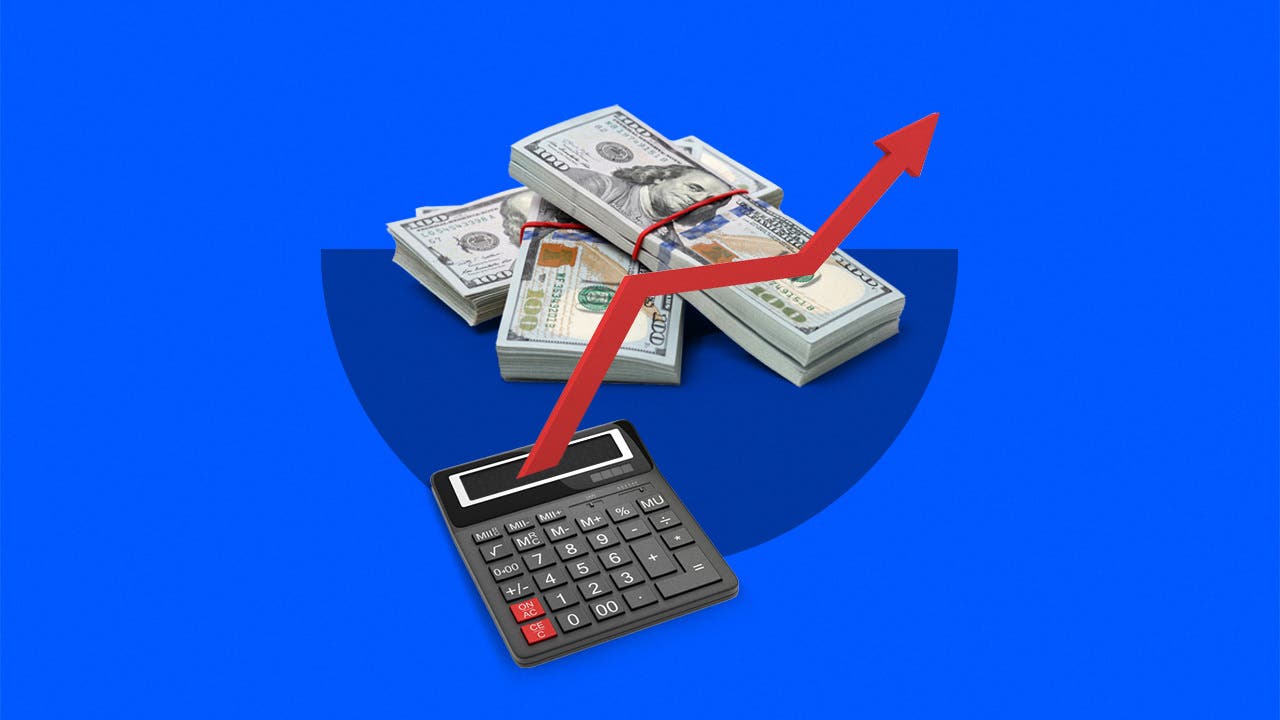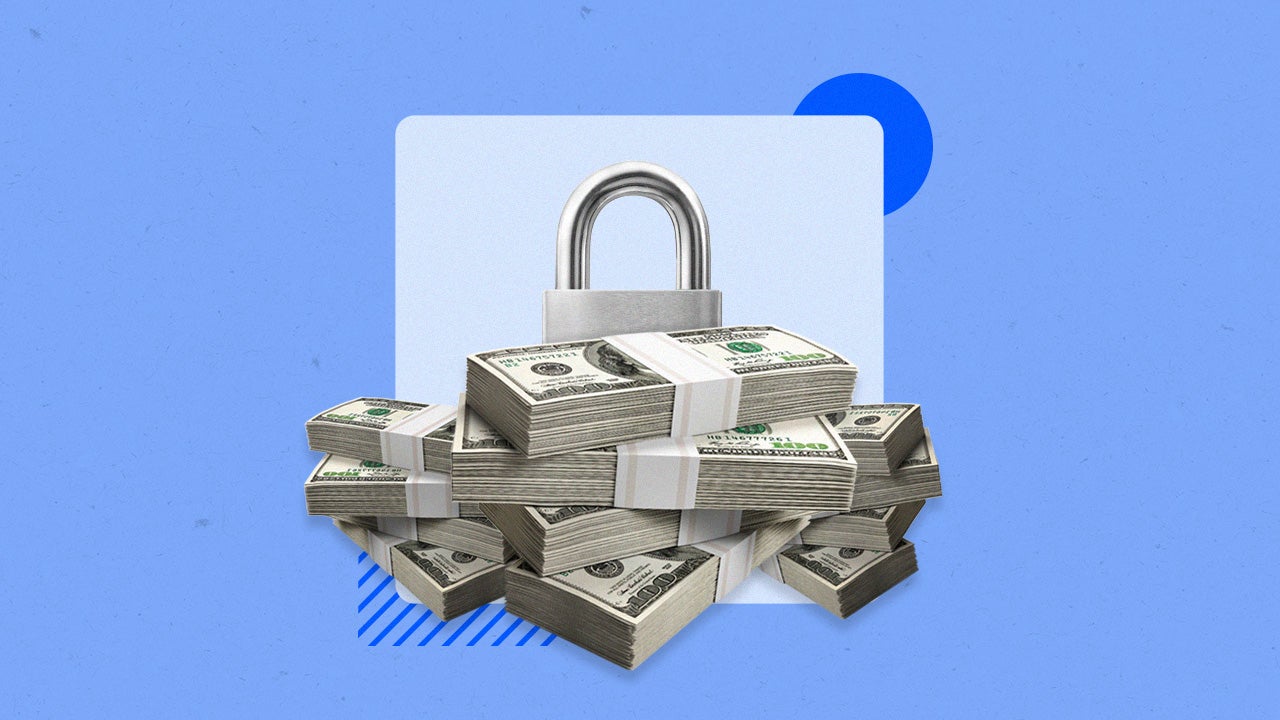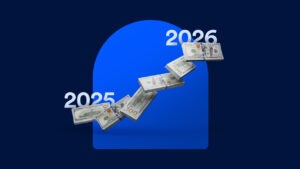Here’s how much investing $25,000 in a CD right now could earn you in 1 year




Key takeaways
- A $25,000 one-year CD at current competitive rates (around 4.25% APY) would earn approximately $1,062 in interest.
- CDs paying the national average for a 1-year CD (2.04%) APY would earn about $510 on the same deposit.
- Major banks like Bank of America and Wells Fargo offer rates as low as 0.05% APY, earning just $12.50 annually.
- One-year CDs are ideal for short-term savings goals with known timelines, like a house down payment in 12 months.
One-year certificates of deposit have become increasingly attractive to savers who want guaranteed returns without tying up their money for years. With current rates significantly higher than what we’ve seen in the past decade, a $25,000 deposit in the right CD can generate substantial interest earnings.
But not all CDs are created equal. The difference between a competitive rate and an average one can mean hundreds of dollars in lost earnings. Let’s examine exactly how much your $25,000 could earn depending on which type of CD you choose.
| Type of 1-year CD | Typical APY | Interest on $25,000 after 1 year | Total value of CD with $25,000 opening deposit after 1 year |
|---|---|---|---|
| CDs that pay competitive rates | 4.25% | $1,062 | $26,062 |
| CDs that pay the national average | 2.04% | $465 | $25,510 |
| CDs from big brick-and-mortar banks | 0.05% | $12.50 | $25,012.50 |
The numbers tell a clear story: choosing a competitive CD over a big bank CD could earn you an extra $1,049 annually on a $25,000 deposit. That’s real money that could fund a vacation or boost your emergency savings.
National average 1-year CD rates
The national average APY earned on a one-year CD is currently 2.04 percent as of September 2025. This average has increased from 1.72 percent a year ago, according to Bankrate research.
If you deposited $25,000 into a one-year CD that earns an APY of 2.04 percent, it would earn around $510 in total interest, making your CD worth a grand total of around $25,510 upon maturity. This is shown in the following breakdown:
While this beats the rock-bottom rates offered by major banks, it’s still less than half of what competitive CDs are paying. The question becomes: are you willing to leave money on the table for convenience?
Average CD rates offer a benchmark for savers, but accepting average means potentially leaving significant earnings on the table. Many online banks and credit unions offer yields that are double the national average. The extra research time is usually worth the additional hundreds of dollars in interest.— Hanna Horvath, CFP®
Competitive 1-year CD rates
You can earn over two times the national average APY by going with a CD that pays a highly competitive rate. For instance, depositing $25,000 into a one-year CD that earns a 4.25 percent APY will leave you with a grand total of around $26,062 when the CD matures.
This means choosing a competitive CD over one paying the national average earns you an additional $597 over the year. For many savers, that extra money could cover several months of groceries or contribute meaningfully to other financial goals.
Choosing a one-year CD that earns 4.25 percent APY will earn you almost $560 more in total interest than going with a CD that earns the national average APY of 2.04 percent.
The best CD rates are often found at online banks, which don’t have the overhead expenses of maintaining branches and may pass the savings on to customers. What’s more, these banks may offer highly competitive rates in order to draw customers from larger banks.
Learn more: Bankrate’s list of the best 1-year CD rates
1-year CD rates from big banks
Large brick-and-mortar banks typically don’t offer high rates on their CDs and savings accounts. For example, one-year CDs offered by Bank of America and Wells Fargo earn just 0.05 percent APY. Chase offers a standard CD of 0.01 percent APY, but also offers a higher “relationship rate” to existing bank customers of up to 1.50 percent APY.
A $25,000 deposit at 0.05% APY would earn just $12.50 in interest over one year — barely enough to buy lunch. Your total would be $25,012.50 at maturity.
The convenience of having all accounts at one institution might appeal to some savers, but the opportunity cost is significant. You’d be giving up over $1,000 in potential earnings compared to competitive alternatives.
Who should get a 1-year CD?
A one-year CD can be a good option for anyone who prefers a guaranteed rate of return and won’t need access to their funds in less than one year’s time. For example, if you plan to purchase a car or put a down payment on a house in a year, a one-year CD could be a safe place to earn some interest on your funds. What’s more, you’ll be able to calculate just how much the CD will be worth at maturity since most CDs have a fixed rate.
Before locking your funds into a CD, it’s important to be sure you won’t need access to the money before the CD’s term is up. Otherwise, you’ll likely be subjected to an early withdrawal penalty, in which case you lose some interest and possibly even some of your principal. For this reason, a liquid savings account is often a better place to set aside funds for emergencies or other expenses you may encounter in the coming weeks or months.
Learn more: The differences between CDs, savings accounts and money market accounts
Money tip: If you’re hesitant about committing to a one-year CD, consider a CD ladder. This strategy involves splitting your money among CDs with different maturity dates, which offers the ability to earn higher interest while maintaining some liquidity. For example, you might spread $25,000 across 3-month, 6-month, 9-month, and 12-month CDs. As each CD matures, you can either use the funds or roll them into a new CD.
Is now a good time to get a one-year CD?
CD rates have been trending downward following the Federal Reserve’s rate cuts that began in September 2024. The top APYs on CDs have dipped, with the highest yield available on a one-year CD down by about 0.85 percent APY since early 2024, when rates were above 5 percent.
However, many CDs are still available with yields higher than we’ve seen in many years. Locking in a competitive yield on a CD now could benefit you if yields continue to decrease.
Locking in a high yield on a CD now could benefit you over time if yields continue to decrease on new CDs. This is because most CDs earn a fixed yield that remains the same throughout their entire term.
Learn more: How the Federal Reserve affects savings account rates.
Considerations for 1-year CDs
Whether a one-year CD is right for you depends on your personal financial situation and goals. If you’re wondering whether a one-year CD is worth your while, some factors to consider include:
- Guaranteed rate: A CD’s guaranteed rate allows you to calculate how much it will be worth, including principal and interest, when it matures.
- Access to your funds: A one-year CD doesn’t tie up your funds too long, so you’ll have access to the money relatively soon to reinvest it or make planned purchases.
- Deposit insurance: Money in a CD is protected, within limits and guidelines, when it’s with a bank insured by the Federal Deposit Insurance Corp. (FDIC) or a credit union insured by the National Credit Union Administration (NCUA) (a CD issued at a credit union is known as a “share certificate”).
- Early withdrawal penalty: If you need access to your funds in a one-year CD in less than a year’s time, you’ll likely be subjected to an early withdrawal penalty.
- Higher returns elsewhere: It’s possible to earn a better return by investing elsewhere (although you could end up losing money in certain other investments that don’t have fixed returns).
Bottom line
The benefits of a one-year CD can be significant for savers who find one that earns a highly competitive APY and who don’t need access to the funds for at least 12 months. It’s worth your while to shop around for the best rate.
Finding a high-yield CD means you’ll receive a much higher payout when it matures than if you were to choose a CD paying the national average yield or one from a CD from a bank earning rock-bottom rates.
Why we ask for feedback Your feedback helps us improve our content and services. It takes less than a minute to complete.
Your responses are anonymous and will only be used for improving our website.




